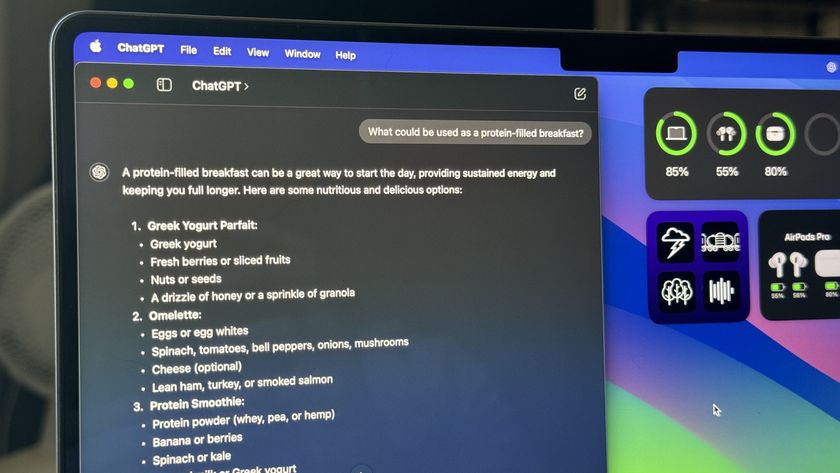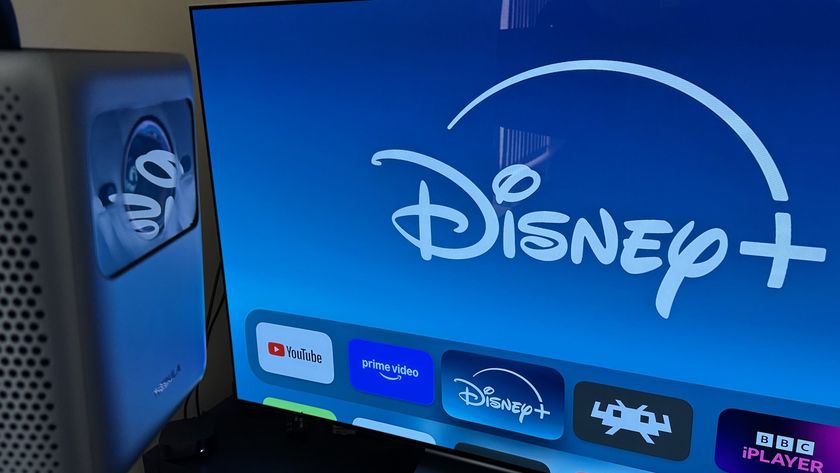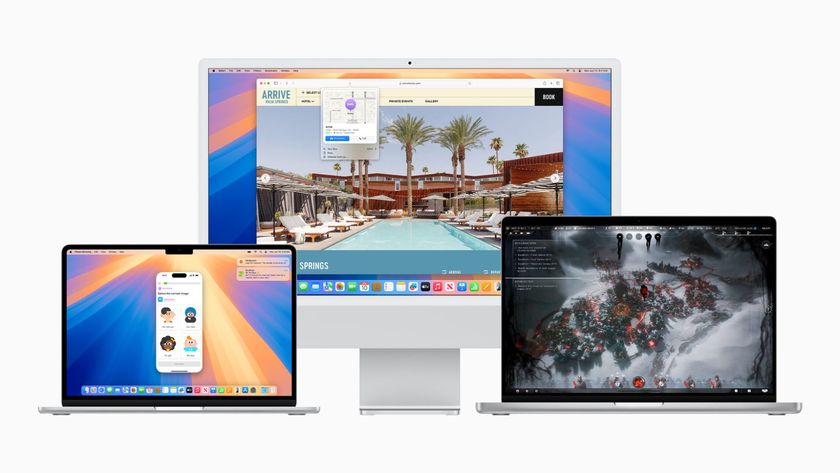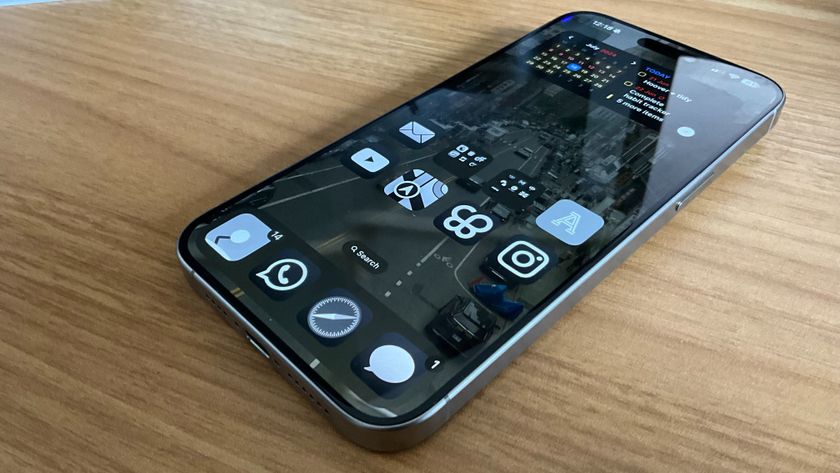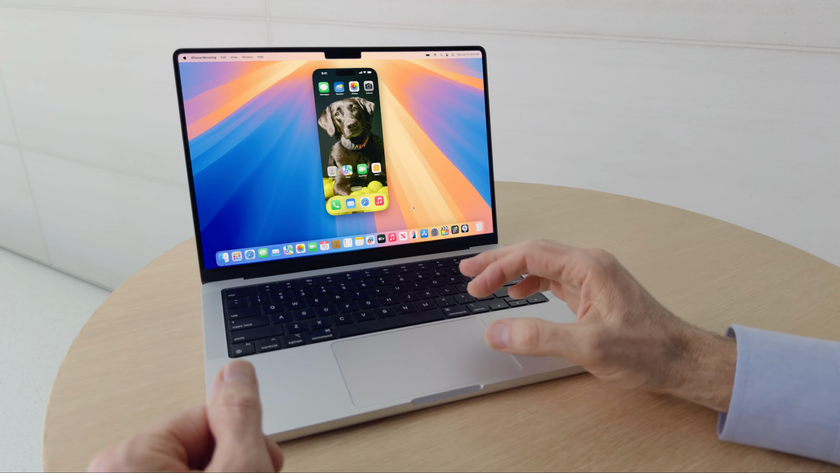Package manager Homebrew now fully supports Apple silicon

What you need to know
- Homebrew users can now take full advantage of their speedy M1 chips.
The popular macOS package manager Homebrew has now been updated to fully and natively support Apple silicon and the M1 Macs.
The updated Homebrew, version 3.0.0, is now available and includes more changes beyond the M1 support, although that's undoubtedly the headline feature. Homebrew previously ran via Apple's Rosetta emulation, but that is no longer needed as of today's update.
Apple Silicon is now officially supported for installations in /opt/homebrew. formulae.brew.sh formula pages indicate for which platforms bottles (binary packages) are provided and therefore whether they are supported by Homebrew. Homebrew doesn't (yet) provide bottles for all packages on Apple Silicon that we do on Intel x86_64 but we welcome your help in doing so. Rosetta 2 on Apple Silicon still provides support for Intel x86_64 in /usr/local.
The Homebrew team says that they worked with co-location company MacStadium as well as Apple itself in order to get the M1 optimization complete and rolled out.
Thanks to all our hard-working maintainers, contributors, sponsors and supporters for getting us this far. Particular thanks on Homebrew 3.0.0 go to MacStadium and Apple for providing us with a lot of Apple Silicon hardware and Cassidy from Apple for helping us in many ways with this migration. Enjoy using Homebrew!
It's in Apple's best interest to ensure Homebrew is fully M1-compliant – it's a package manager that is used extensively by the developers that make the apps we all run on Apple hardware.
Master your iPhone in minutes
iMore offers spot-on advice and guidance from our team of experts, with decades of Apple device experience to lean on. Learn more with iMore!

Oliver Haslam has written about Apple and the wider technology business for more than a decade with bylines on How-To Geek, PC Mag, iDownloadBlog, and many more. He has also been published in print for Macworld, including cover stories. At iMore, Oliver is involved in daily news coverage and, not being short of opinions, has been known to 'explain' those thoughts in more detail, too. Having grown up using PCs and spending far too much money on graphics card and flashy RAM, Oliver switched to the Mac with a G5 iMac and hasn't looked back. Since then he's seen the growth of the smartphone world, backed by iPhone, and new product categories come and go. Current expertise includes iOS, macOS, streaming services, and pretty much anything that has a battery or plugs into a wall. Oliver also covers mobile gaming for iMore, with Apple Arcade a particular focus. He's been gaming since the Atari 2600 days and still struggles to comprehend the fact he can play console quality titles on his pocket computer.

